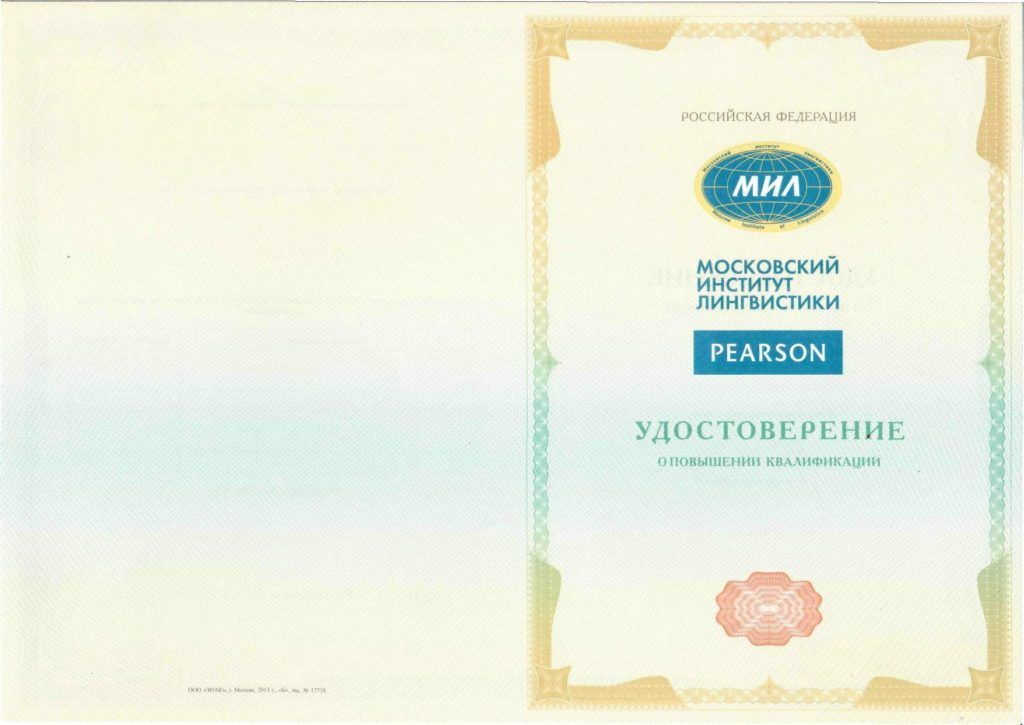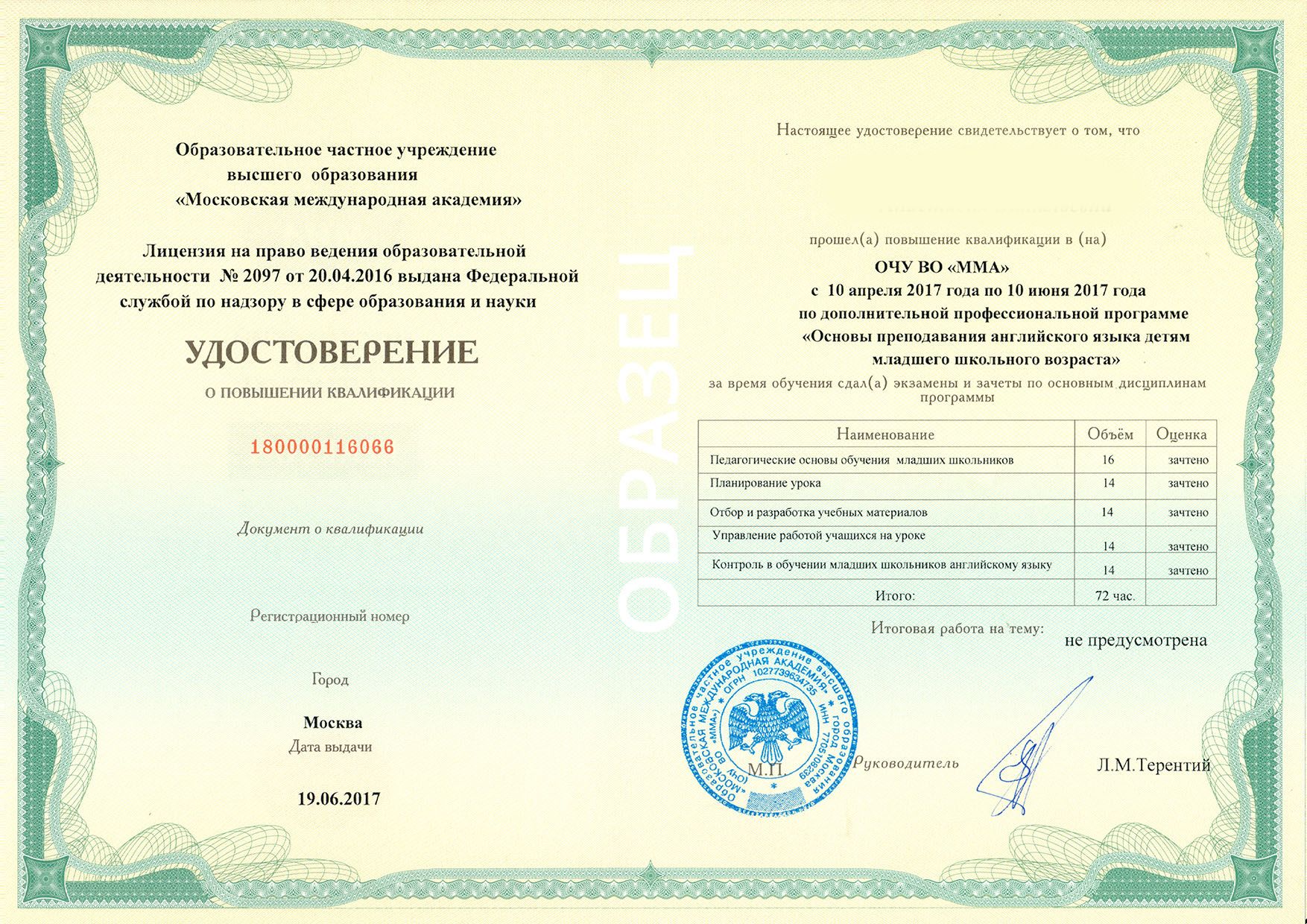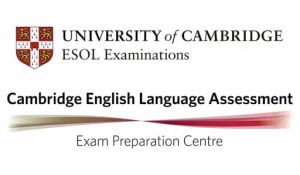- Профессиональная переподготовка
- Повышение квалификации
- Современные тенденции в обучении английскому языку
- Современные тенденции обучения английскому языку в рамках реализации ФГОС ВО
- Методика подготовки учащихся к международному экзамену IELTS
- Методика применения цифровых технологий в обучении английскому языку
- Основы преподавания английского языка младшим школьникам
- Подготовка к Кембриджскому экзамену для преподавателей ТКТ (Teaching Knowledge Test)
- Практическая подготовка учащихся к ЕГЭ по английскому языку
- Tеоретические основы преподавания английского языка
- Новости
- О нас
- Профессиональная переподготовка
- Повышение квалификации
- Современные тенденции в обучении английскому языку
- Современные тенденции обучения английскому языку в рамках реализации ФГОС ВО
- Методика подготовки учащихся к международному экзамену IELTS
- Методика применения цифровых технологий в обучении английскому языку
- Основы преподавания английского языка младшим школьникам
- Подготовка к Кембриджскому экзамену для преподавателей ТКТ (Teaching Knowledge Test)
- Практическая подготовка учащихся к ЕГЭ по английскому языку
- Tеоретические основы преподавания английского языка
- Оплата обучения
- Новости
- О нас
Заявка на программу
Основы преподавания английского языка младшим школьникам

-
- тестирование на определение уровня знаний;
- дистанционный модуль на платформе TDI, ориентированный на теорию и практику преподавания английского языка;
- тьюторское сопровождение в ходе выполнения заданий;
- проверка письменных работ преподавателями Московской Международной Академии;
- 2 тематических вебинара;
- бесплатный доступ к ресурсам;
- итоговое онлайн тестирование;
- получение удостоверения о повышении квалификации преподавателя (учителя) иностранного языка
-
Модуль разработан признанными экспертами в области методики преподавания английского языка, которые передают свой опыт посредством видеолекций, интерактивных презентаций и разнообразных форм выполнения практических заданий. Видео реальных уроков в классе демонстрирует методики и образовательные технологии на практике. Модуль «Основы преподавания английского языка младшим школьникам» учитывает возрастные особенности младших школьников и предлагает преподавателям использовать разные техники обучения английскому языку на определенной ступени развития. Модуль дает представление о том, как происходит обучение лексики на разных этапах, о стилях обучения, планировании эффективного обучения в процессе занятия, определение цели урока, соотнесении видов деятельности и целей, элементах планирования уроков, различных стилях поурочных планов, корректном оценивании знаний и способах повышения мотивации к изучению английского языка. Особое место в модуле отводится проблеме подбора материала для занятий (критерии выбора учебника, использование дополнительного материла, соответствие выбранного для изучения целям урока, разработка, моделирование и дизайн материалов для занятий преподавателем и учащимися). С помощью данного модуля преподаватель расширит свои знания в области классного менеджмента (управление классом, модели взаимодействия в группах, динамика занятия).
Fundamentals of Teaching Young Learners Contents
| Session A | Introduction |
| Session B | Recognizing how we listen When you finish this session, you will be able to: • understand what listening is • understand why it is important in language learning • understand the role of background knowledge and schema • understand top-down processing and bottom-up processing |
| Session C | Identifying listening skills and strategies When you finish this session, you will be able to: • identify listening skills • identify listening strategies • recognize activities to develop skills and strategies |
| Session D | Looking at listening problems and solutions When you finish this session, you will be able to: • understand why listening is difficult • understand how listening is different from reading • recognize techniques to help learners with listening |
| Session E | Applications |
| Writing Assignment | |
| Session F | Quiz |
| Session A | Introduction |
| Session B | Before listening When you finish this session, you will be able to: • understand the importance of preparation for listening • understand and recognize different approaches to pre-listening • use different techniques and activities for pre-listening |
| Session C | Identifying listening skills and strategies When you finish this session, you will be able to: • identify listening skills • identify listening strategies • recognize activities to develop skills and strategies |
| Session D | Looking at listening problems and solutions When you finish this session, you will be able to: • understand why listening is difficult • understand how listening is different from reading • recognize techniques to help learners with listening |
| Session E | Applications |
| Writing Assignment | |
| Session F | Quiz |
| Session A | Introduction |
| Session B | Finding sources of listening input When you finish this session, you will be able to: • identify possible sources of listening material • understand different types of listening material • understand the pros and cons of authentic materials • select appropriate listening materials |
| Session C | Using different types of listening When you finish this session, you will be able to: • understand appropriate activities for different listening genres • use various techniques with different listening genres |
| Session D | Using multimedia for listening When you finish this session, you will be able to: • understand multimedia’s benefits for listening • recognize different ways to use video |
| Session E | Applications |
| Writing Assignment | |
| Session F | Quiz |
| Session A | Introduction |
| Session B | Recognizing how we listen When you finish this session, you will be able to: • recognize different reasons or purposes for listening • understand different four listening styles • focus classroom techniques on different ways of listening |
| Session C | Devising effective tasks When you finish this session, you will be able to: • recognize types of practice tasks for each listening mode • evaluate these tasks by their characteristics • encourage awareness of listening skills and strategies |
| Session D | Promoting self-access listening When you finish this session, you will be able to: • understand the benefits of self-access listening • help students devise their own listening tasks • help students’ monitor their own out-of-class listening |
| Session E | Applications |
| Writing Assignment | |
| Session F | Quiz |
| Session A | Introduction |
| Session B | Distinguishing between types of tests When you finish this session, you will be able to: • recognize the purpose of achievement tests • recognize the purpose of proficiency tests • identify features of achievement and proficiency tests |
| Session C | Designing your own tests When you finish this session, you will be able to: • understand common factors in test design • consider the pros and cons of common question types • design tasks to test skill and strategy development |
| Session D | Self-assessment When you finish this session, you will be able to: • understand the benefits of self-assessment • help students to assess their own listening development |
| Session E | Applications |
| Writing Assignment | |
| Session F | Quiz |
AUTHORS

Jeremy Harmer

Susan Hillyard

Hilda Martínez

David Nunan
Оставьте заявку, наши специалисты свяжутся с вами
AI in ELT
-
129085, г. Москва,
Проспект Мира, д.101В, стр.1
Институт Лингвистики
Пользовательское соглашение
This site is protected by reCAPTCHA and the Google Privacy Policy and Terms of Service apply.


